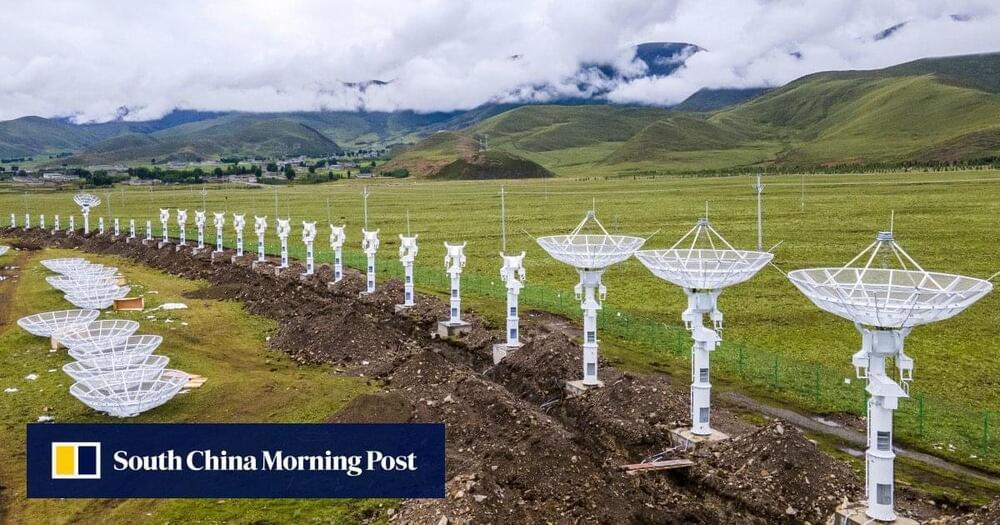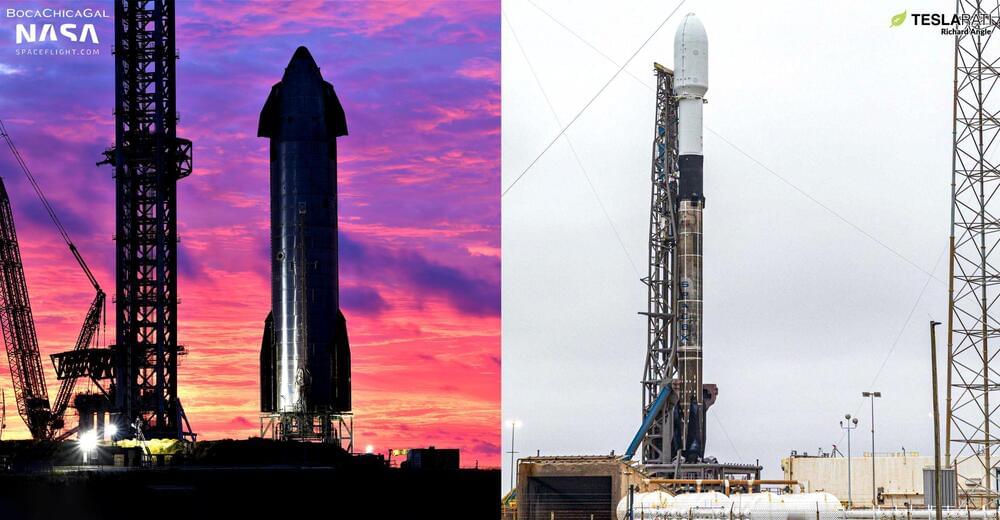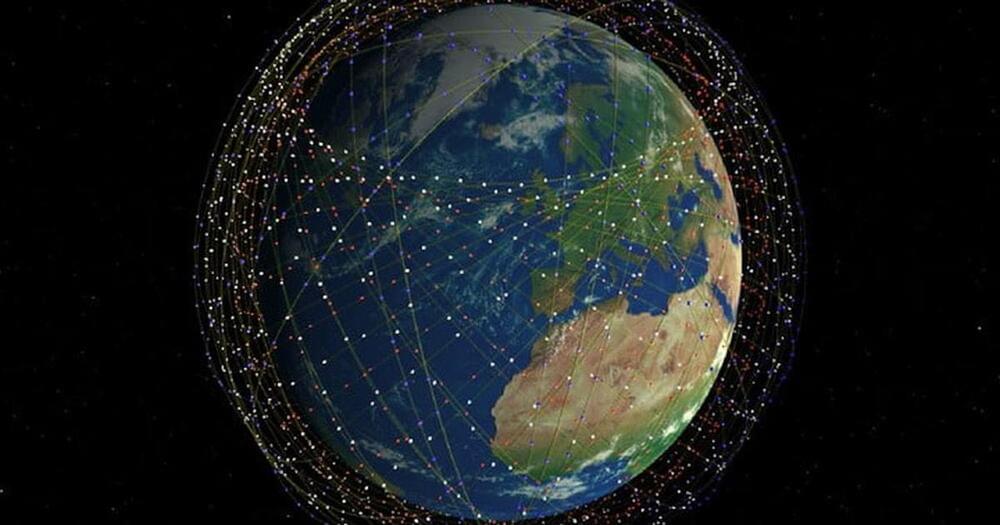Aug 23, 2022
The Stream of Consciousness and Personal Identity
Posted by Dan Breeden in categories: biotech/medical, internet, neuroscience
Lastly, there is the concern that this is all whimsically unimportant, or worse, an obtuse disregard for more prosaic societal concerns. Some people may find debates of this sort to be pedantic and even snobbish, given the justified concern that advanced futuristic technologies are likely to benefit wealthy elites long before they trickle down to the masses. Worse, some people may expect that such technologies are likely impossible and that such metaphysical navelgazing is an ivory tower distraction in a world of real problems and challenges. To that reaction I say the importance is not necessarily in determining the prospects of technological and medical marvels that reside far in the future, if ever. The more relevant issue, and the reason I have committed so much of my life to contemplating and writing about these questions, is that we profoundly desire the most accurate model possible of reality and understanding of the human condition. Ultimately, we want to understand ourselves as conscious beings in the universe and to understand the nature of our existence. That is the real issue here, at least for me.
About the author
Keith Wiley is on the board of Carboncopies.org and is a fellow with The Brain Preservation Foundation. He holds a PhD in computer science from the University of New Mexico and works as a data scientist in Seattle, Washington. His book, A Taxonomy and Metaphysics of Mind-Uploading, is available on Amazon (https://www.amazon.com/dp/0692279849?tag=lifeboatfound-20?tag=lifeboatfound-20). His other writings, interviews, and videos about mind uploading are available on his website at http://keithwiley.com and elsewhere on the web.
















